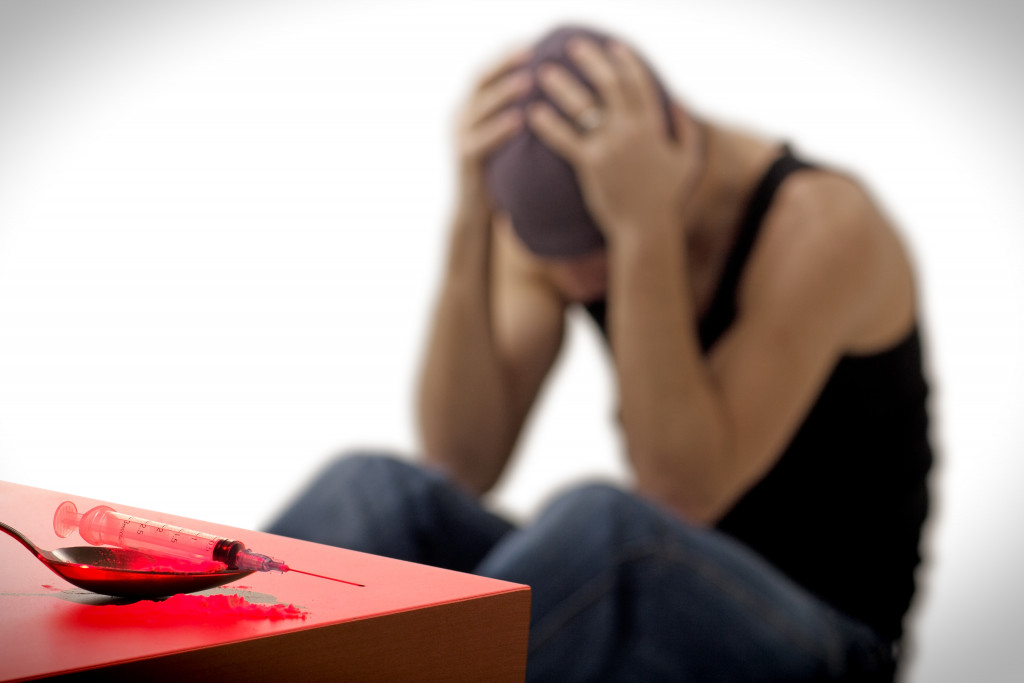Disclaimer: This website provides health information for educational purposes only and is not a substitute for professional medical advice, diagnosis, or treatment. Always seek the guidance of a qualified healthcare provider with any questions you may have.
The UNODC’s World Drug Report 2022 paints a concerning picture of the current state of drug use around the world. According to the report, the number of people using drugs in 2020 increased by at least 26% compared to the previous decade. Drug use can have serious negative consequences for individuals and societies.
However, with the right treatment plan, many of the negative effects of drug use can be managed. As a result, those recovering from drug use experience withdrawal symptoms. These symptoms can be extremely unpleasant and lead to relapse if not properly managed. Fortunately, there are ways to manage drug withdrawals effectively. Here are tips for better managing drug withdrawals:
Understand the Symptoms
The first step in managing drug withdrawals is understanding the symptoms you may experience. This will enable you to better identify whether your symptoms could be entirely due to your withdrawal or another condition. Knowing the symptoms will also allow you better prepare for managing them. When you detox from drugs, you may experience uncomfortable and even dangerous withdrawal symptoms. While the exact symptoms will vary depending on the individual, the drug being detoxed from, and how severe your conditions were, there are still some common symptoms that many experience. These can include nausea, irritability, tremors, aches, anxiety, and insomnia. And depending on the drug used, some individuals wanting to quit may also experience hallucinations. It is important to be aware of these symptoms so that you can seek medical help if necessary.
Seek Professional Help
Withdrawing from drugs can be a difficult and emotionally taxing experience. This is because drugs can cause physical and psychological dependence, making it difficult to quit without assistance. If you find yourself struggling, don’t be afraid to seek medical help. By availing of professional detox services, you can receive medical supervision throughout detoxification to recover safely and comfortably. This support system can make all the difference in recovering from addiction and living a healthy, drug-free life.
Get Plenty of Rest
When your body is going through withdrawals, giving it the rest it needs is important. Fatigue is a common symptom of drug withdrawal, so make sure to get plenty of sleep. This will help your body recover from the withdrawal’s physical and psychological stress. Aim to get at least eight hours of sleep each night and take breaks during the day if possible. If you can, take a few days off from work or school to focus on getting better.

Eat Healthy Foods and Stay Hydrated
It is also important to eat healthy foods when you are withdrawing from drugs. Eating nutritious meals will help your body detox and heal itself more quickly. You can increase your intake of food rich in protein, fiber, and healthy fats. These nutrients will help boost your immune system and keep you energized. Likewise, you should avoid caffeine and sugary foods, as they can worsen symptoms.
Moreover, it is important to drink plenty of fluids when withdrawing from drugs. This will help to prevent dehydration, which can make your symptoms worse. Drinking water or electrolyte-rich beverages such as sports drinks can help to keep you hydrated. You can always keep a water bottle with you and sip on it throughout the day. If you forget to drink water now and then, consider using an app to remind you at specific intervals to drink.
Exercise Regularly
Exercise is another excellent way to help your body recover from drug withdrawal. Not only does it release endorphins that can improve your mood, but it also helps to reduce stress and improve your overall health. Just be sure not to overdo it — start with some light cardio and gradually increase the intensity as you feel able. You can also try yoga, meditation, or other relaxation techniques to help you manage stress and anxiety.
Avoid Triggers
Trying to recover from drug withdrawals can be challenging, but avoiding your triggers can significantly help you in the process. Triggers are what causes you to crave drugs, leading to a relapse. Common triggers include being around people who use drugs and certain places or circumstances that remind you of using. If you’re trying to stay sober, it’s important to identify your triggers and do your best to avoid them. This may mean making some changes in your lifestyle or social circle. It may also mean avoiding certain places or situations that offer temptation. If you cannot avoid them, try to have someone with you who can support you through the craving.
With time and effort, you can successfully manage drug withdrawals and kick your addiction for good. Drug withdrawal is never an easy process, but there are things that you can do to make it more manageable. By finding a method that works for you and staying positive, focused, and dedicated to your recovery, you can overcome this difficult period and move towards a happier, healthier future.




